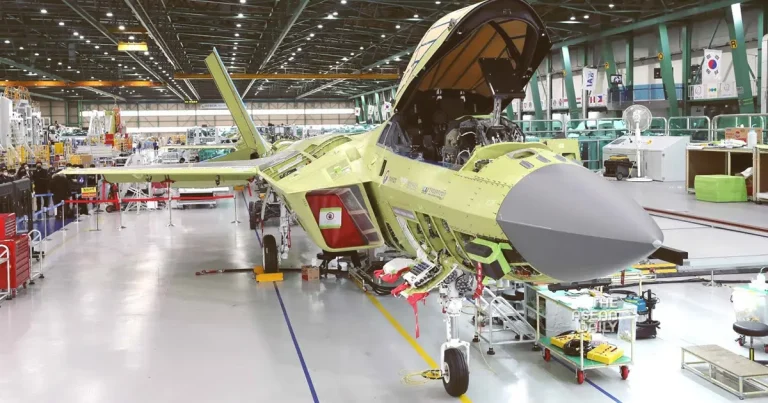16-3-2024 (SEOUL) South Korean police have conducted a high-profile raid on the headquarters of Korea Aerospace Industries (KAI). The dramatic operation, which commenced on Thursday and extended into Friday, is directly linked to allegations involving two Indonesian nationals accused of illegally divulging sensitive technology related to a cutting-edge fighter jet project.
The two engineers in question stand accused of violating South Korea’s stringent Defense Acquisition Program Act, a legislation designed to safeguard the nation’s military technological advancements. Specifically, they are suspected of leaking critical information pertaining to the KF-21, South Korea’s homegrown fighter jet initiative, which has garnered significant financial backing from Indonesia.
Gyeongnam Provincial Police’s security investigation bureau confirmed that the raid, which spanned multiple days, was a direct response to the alleged breach of confidentiality surrounding the KF-21 program.
In a statement addressing the ongoing probe, a spokesperson for KAI assured that the aerospace giant was “actively cooperating” with law enforcement authorities, pledging to provide any necessary assistance to facilitate the investigation’s pursuit of the truth.
The KF-21, developed by KAI, is envisioned as a more cost-effective and less stealthy alternative to the American-built F-35 fighter jets, upon which South Korea currently relies for its aerial defense capabilities.
Last month, amidst mounting concerns over the alleged leak, an Indonesian foreign ministry spokesperson disclosed that the Southeast Asian nation’s government was diligently gathering evidence related to the accusations. The KF-21 project, they affirmed, holds strategic importance for both countries, and any challenges arising from this bilateral cooperation would be navigated with utmost care.
The incident has reignited concerns within South Korea regarding the perceived inadequacy of existing regulations to effectively deter attempts to illegally funnel sensitive technologies from the nation’s high-tech companies. In response, the Sentencing Commission, operating under the auspices of the Supreme Court of Korea, took decisive action last year by toughening punishments and lengthening jail terms for individuals found guilty of leaking proprietary technologies.




